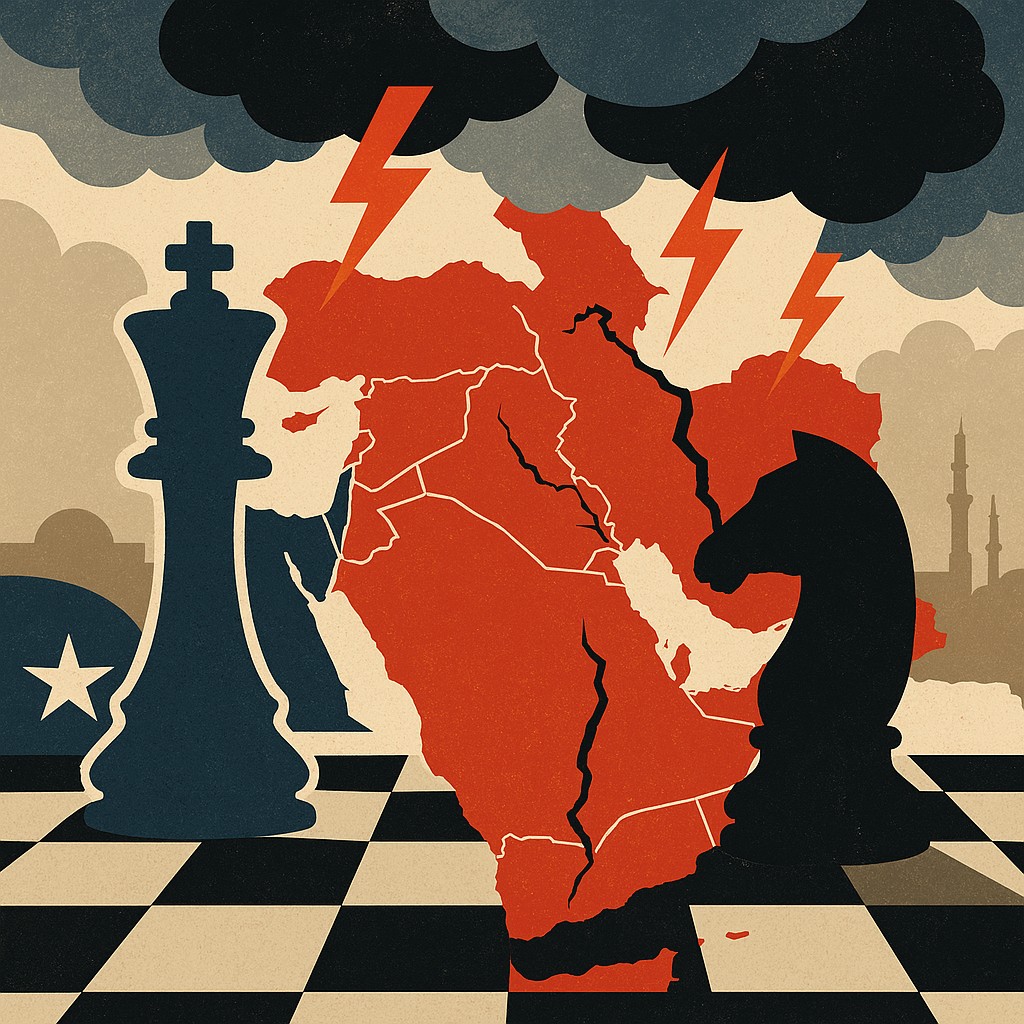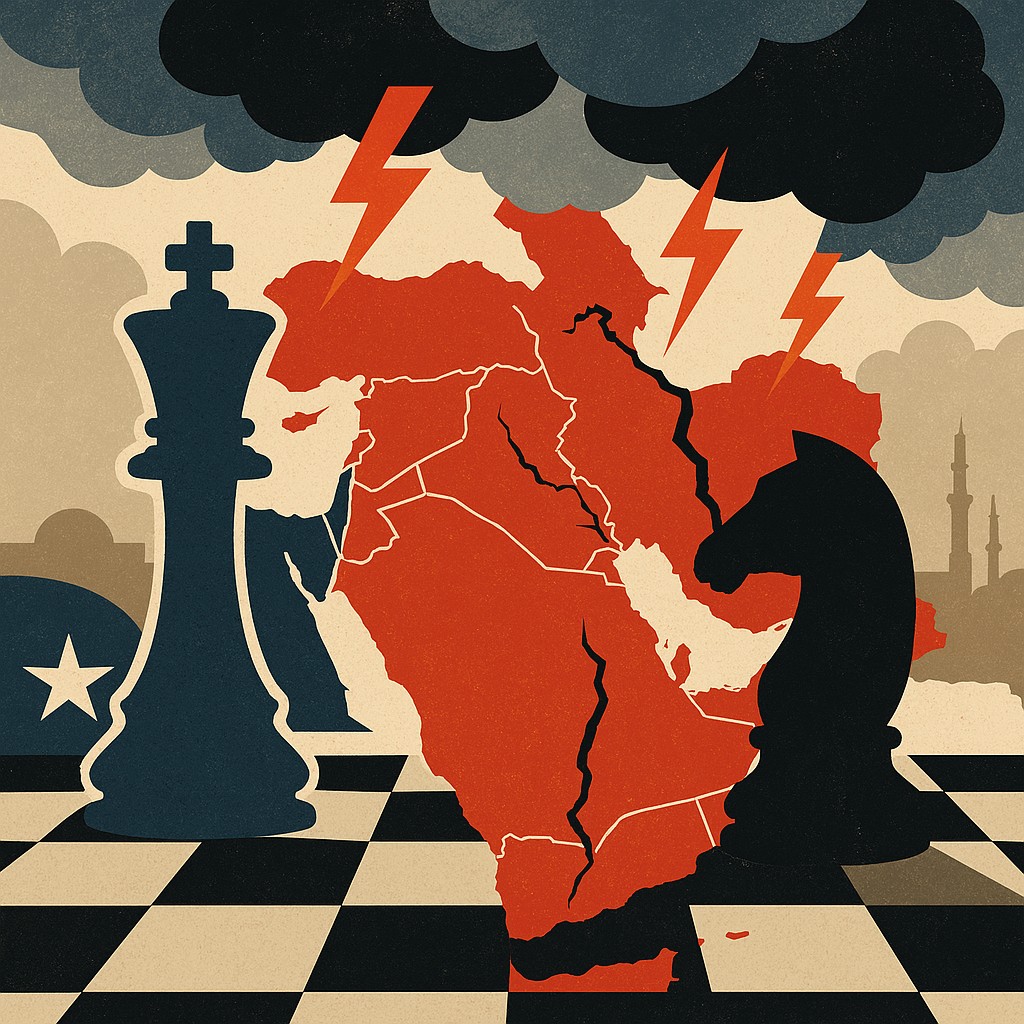
President Donald Trump has once again dominated headlines with an aggressive message aimed directly at Iran’s Supreme Leader, Ayatollah Ali Khamenei. In a bold social media post, Trump claimed that U.S. intelligence has pinpointed Khamenei’s exact whereabouts but is choosing not to act “for now.” He further demanded Iran’s “UNCONDITIONAL SURRENDER!”—a statement that has reignited concerns over potential U.S. military intervention in the region.
This latest escalation follows weeks of intensifying conflict between Israel and Iran, marked by missile exchanges, cyberattacks, and an increased military presence from multiple global powers. The Biden administration had previously sought to de-escalate the situation. Still, Trump—now the presumptive Republican nominee—has taken a drastically different approach, positioning himself as a hardliner in matters of national security. With the U.S. deploying additional fighter aircraft to the Middle East and Israel continuing its strikes against Tehran’s nuclear sites, analysts worry that Trump’s rhetoric may push the situation further toward outright conflict.
Iran, in response, dismissed Trump’s threats as “absurd grandstanding” and claimed that any U.S. move against its leadership would result in severe consequences. Russian and Chinese officials, both long-time supporters of Tehran, have issued warnings that an attack on Iran would destabilize the entire region. Meanwhile, the American public remains divided, with Trump’s base largely supportive of his tough stance, while critics warn of the dangers of provoking a new war.




